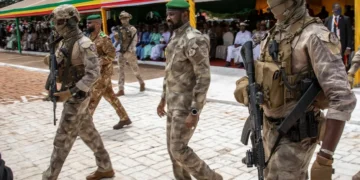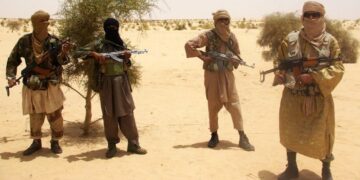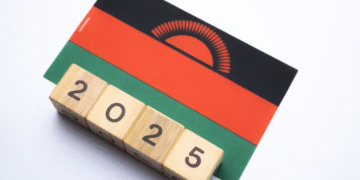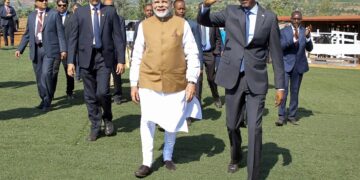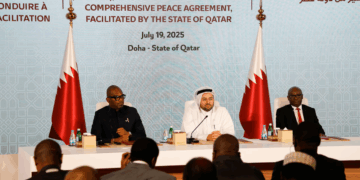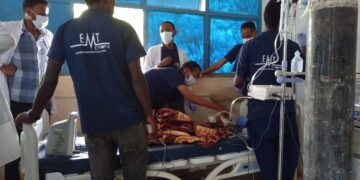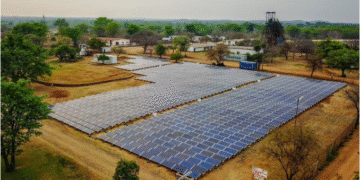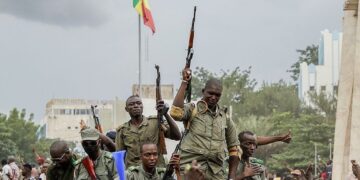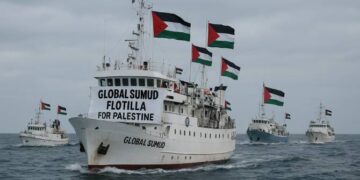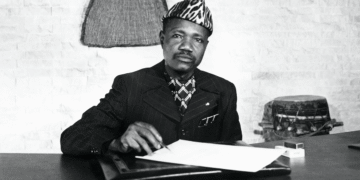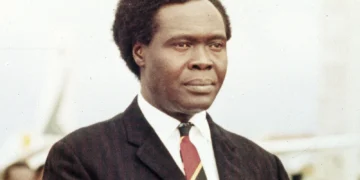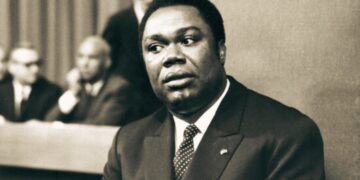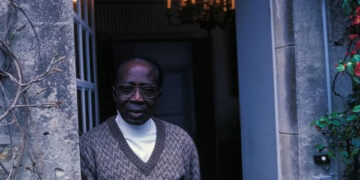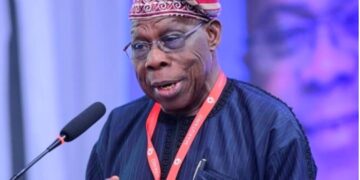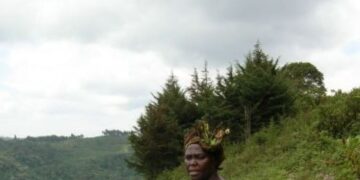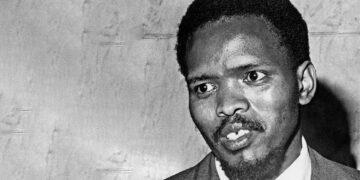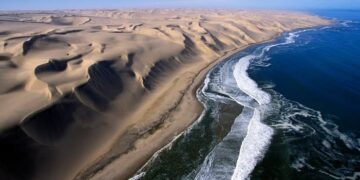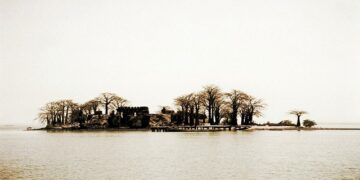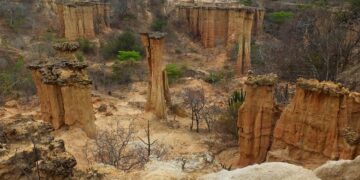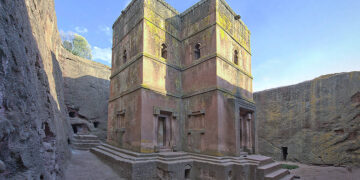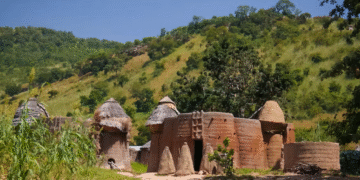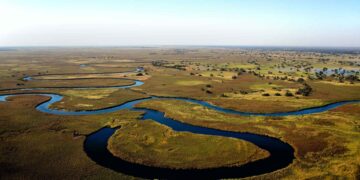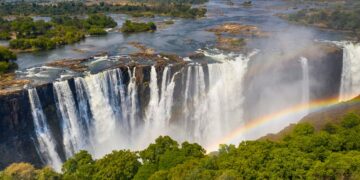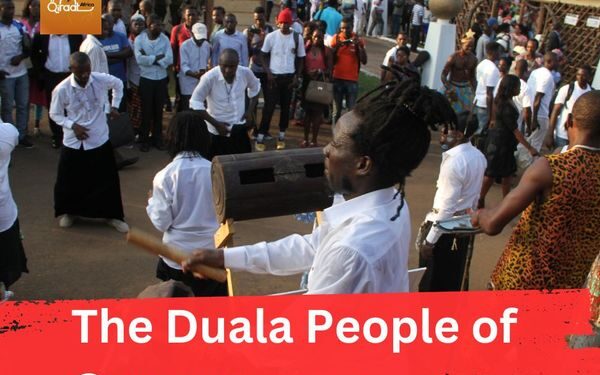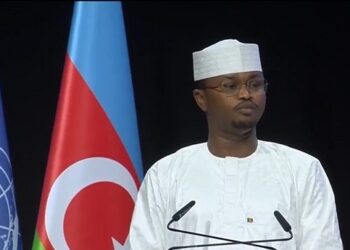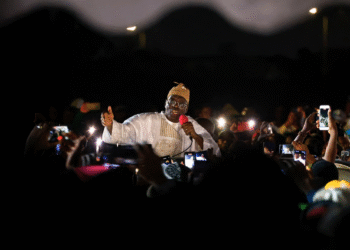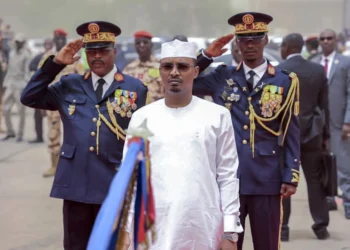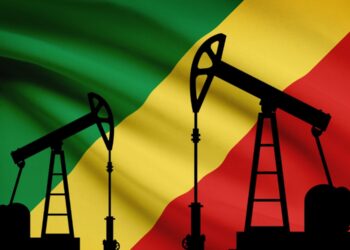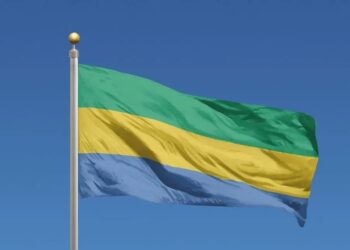The Duala are a Bantu coastal Cameroonian ethnic group who are highly educated due to long-term contact with the Europeans. The Doula shares a common origin with people such as the Ewodi, Isubu, Batanga, Bakoko, and the Bassa forming 12% of the total population. The primary language spoken is Douala.
They primarily inhabit the littoral and southwest region of Cameroon and form a portion of the Sawabantu or “coastal people” of Cameroon. The Duala are primarily concentrated in Cameroon’s Littoral Province in the Moungo, Nkam, and Wouri divisions. Their settlements lie largely along the coast or just inland. The Wouri estuary, where the Wouri, Mungo, and Dibamba Rivers empty, forms the centre of Duala country. Douala is their traditional capital, and many Duala live in and around the city, although today it has come to reflect the diversity of Cameroon as a whole.
However, the traditional Duala society was divided into three strata. At the top were the Wonja, native Duala, with full rights of land ownership. The next tier consisted of the Wajili, either non-Duala peoples or the descendants of slaves. Finally, the Wakomi, or slaves, made up the bottom rung. Chiefs and headmen sat at the pinnacle of this hierarchy in the past, though today such figures have very little power in their own right. Instead, such individuals are more likely to own property and to have inherited wealth. Councils of elders and secret societies allow communities to decide important issues.
The Duala were mainly traders and cultivators, which have remained part of their economic activities to the present day. Their success in trade declined significantly during the German rule after which they prospered again during the French rule. They have historically played a highly influential role in Cameroon due to their long contact with Europeans, high rate of education, and wealth gained over centuries as slave traders and landowners. Many Duala are now found in various urban occupations. In the late 20th century, the chiefly lines remained an elite, but their influence was waning.
Most of the Duala are Christians. The Duala have been mostly Christianized since the 1930s. Evangelical denominations dominate, particularly the Baptist church. Nevertheless, remnants of a pre-Christian ancestor worship persist. Their older religious system recognized a high god, or creator, but no further pantheon and no true shrines or priests. Other beliefs concerned the power of ancestors, witchcraft, and magical objects.


